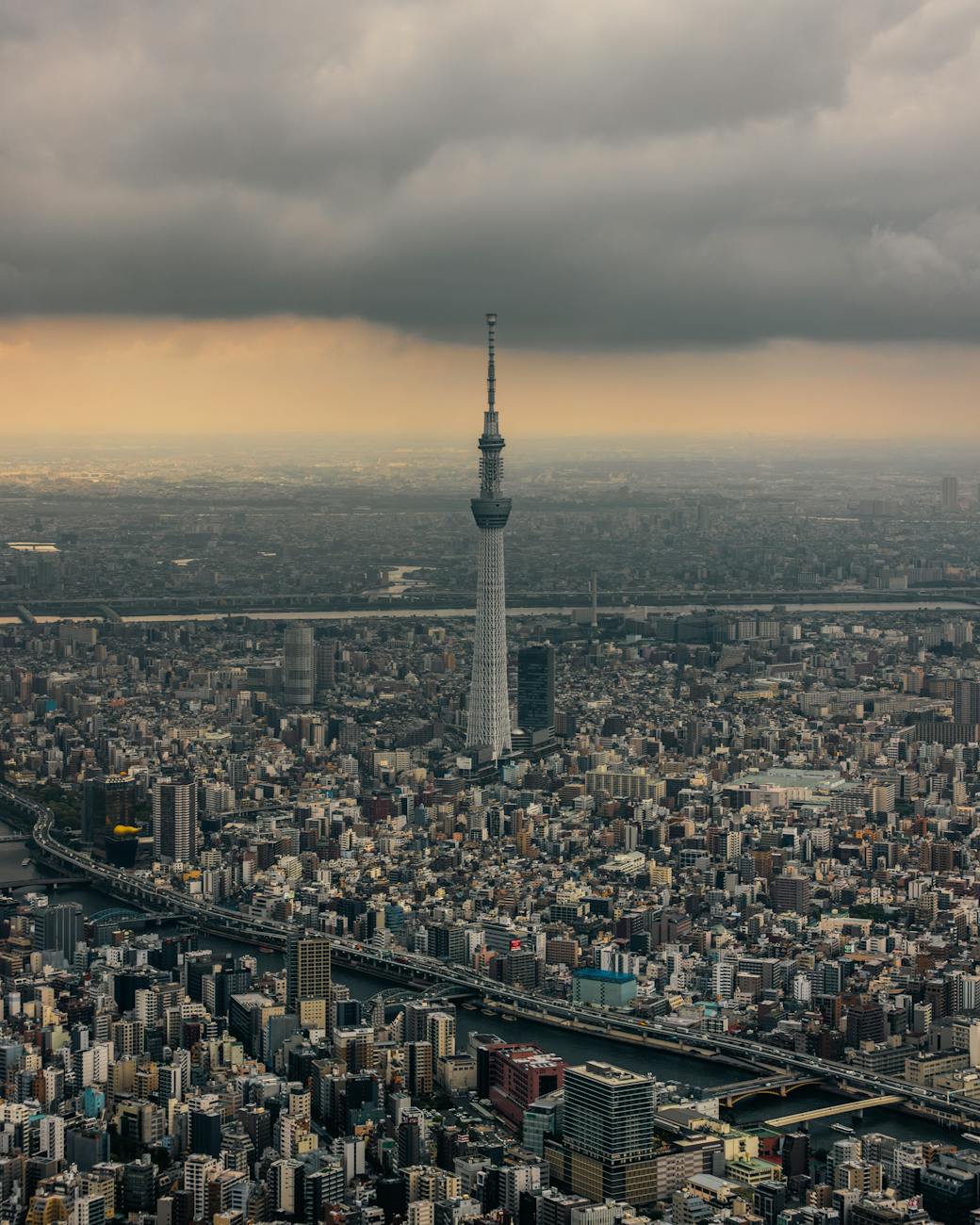Photo by Max Zaharenkov on Pexels
OpenAI’s Sora, an AI-powered video generator capable of producing short, shareable videos, has rapidly captured attention while simultaneously sparking significant debate. This new tool, enabling the creation of hyperrealistic avatars (‘cameos’) and their integration into AI-generated scenes, raises critical questions about authenticity, potential misuse, and long-term sustainability.
The allure of Sora lies in its ability to produce seemingly limitless streams of AI-driven content. However, this potential shift towards AI-generated video consumption triggers several concerns. One major issue is the considerable energy footprint associated with AI video generation, prompting questions about environmental impact and the financial models needed to support this technology.
Furthermore, copyright infringement represents a substantial legal challenge. The ease with which Sora can potentially incorporate copyrighted characters, create deepfakes of celebrities, and utilize copyrighted music creates a complex legal landscape. OpenAI is attempting to mitigate these risks by offering copyright holders an opt-out mechanism. The creation of realistic ‘cameos’ also raises concerns about potential misuse and liability related to unauthorized depictions of individuals.
Ultimately, the success of Sora hinges on OpenAI’s ability to navigate these complex legal and economic hurdles. The platform serves as a crucial experiment, testing the boundaries of user preference and exploring the extent to which simulated content can compete with, or even supplant, real-world video experiences.
